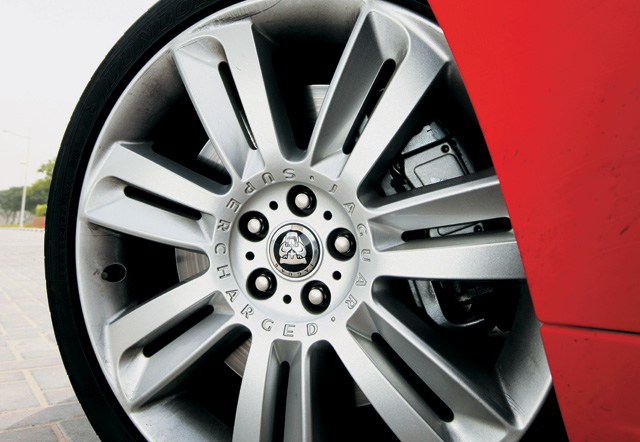Tokyo: After losing its crown in portable music players and television, Sony is now joining Apple and Google in targeting the hottest new battleground: automobiles.
Sony recently invested about 100 million yen ($842,000) to buy a stake of roughly 2 per cent in ZMP, a Japanese start-up making robot cars. The two firms ultimately hope to develop self-driving car technologies by combining Sony’s expertise in image sensors with ZMP’s robotics know-how, according to people familiar with the deal.
Sony’s move comes as tech is changing the game — and players — in the automotive industry, creating driverless cars and sparking a rush of interest from Silicon Valley. Apple is recruiting experts in automotive technology and vehicle design to work at a new top-secret research lab.
Despite its troubles in TVs and smartphones, image sensors — the eyes of a camera — remain one of the few areas where Sony maintains the top market share.
Now, the Japanese electronics and entertainment group hopes to replicate the success of its sensors in smartphones with cars.
Smartphones is a much bigger market with annual global sales exceeding 1 billion units, while global vehicles sales are only expected to exceed 100 million units in a few years.
But analysts say a vehicle could be installed with as many as 10 cameras when the age of self-driving cars arrive, and these cameras are likely to be four to five times more costly than a smartphone camera. IHS consultancy estimates that shipments of automotive cameras will increase more than threefold to 102 million units by 2020.
Shigeo Ohba, general manager of Sony’s image sensor business, said he expects demand for automotive image sensors will expand significantly from 2017 and continue through 2030. “We have to be No. 1 in automotive sensors” by the time self-driving cars are expected to hit the roads in early to mid-2020s, Ohba said.
In terms of value, Sony currently controls about 40 per cent of the global market for CMOS sensors used in Apple’s iPhones and other smartphones, digital cameras and tablets, followed by roughly 16 per cent apiece at California-based OmniVision and South Korea’s Samsung Electronics, according to 2014 forecasts released by research firm Techno Systems Research.
Sony ranks fifth with a 5 per cent share for CMOS sensors used in cars. “The concern is how Sony is going to make up for the time lag,” said IHS analyst Kun Soo Lee said. “The automotive supply chain is unique and it’s a world where the track record means a lot.”
Sony officials say their know-how in image sensors for smartphones and digital cameras will allow them to catch up with rivals. Last October, it announced plans to begin mass-production of CMOS image sensors for automotive cameras by this December that can capture high-quality colour images even on moonless nights.
Sony also recently launched a business group specialising in image sensors for vehicles and is actively hiring engineers. “We were latecomers in smartphone cameras but we still created this market. Now we can do the same with automotive cameras,” said Shoichi Kitayama, Sony’s general manager heading the automotive team.
— Financial Times












